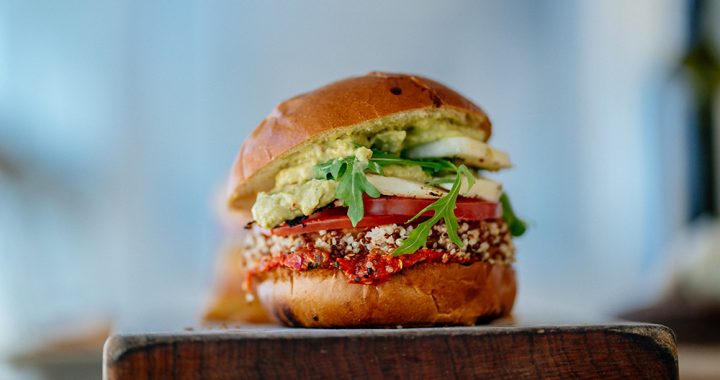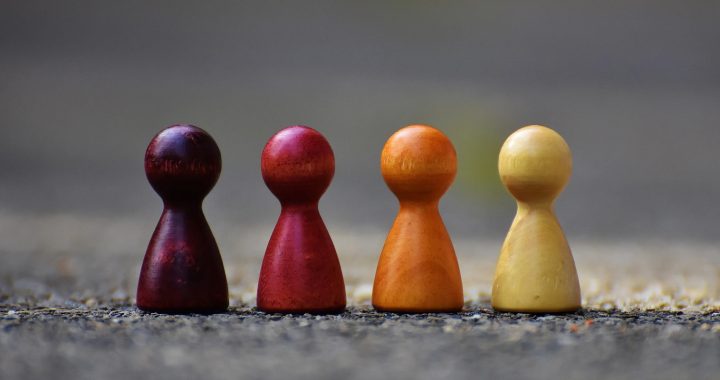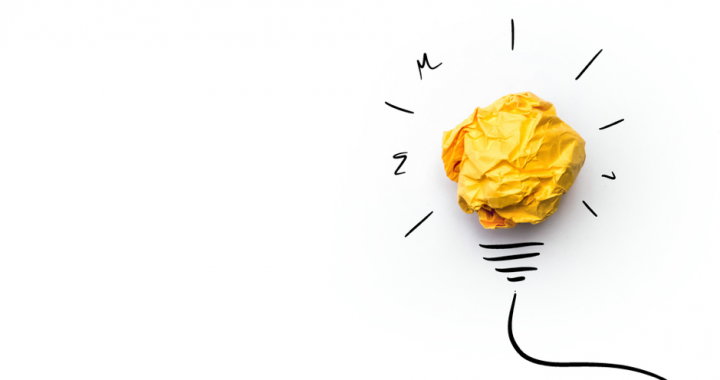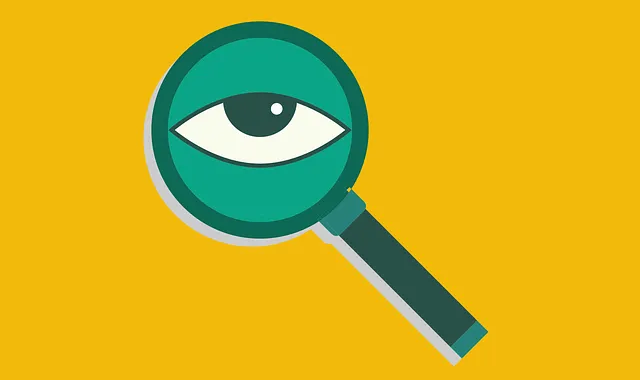
Am I racist?
Since May, the protests centered around the Black Lives Matter movement have forced us to gaze into a mirror and ask ourselves this very question. Resultant discussions among friends, in the news, and on social media have shown us that we must no longer ignore racism or remain silently complicit in its propagation. This uncomfortably challenging examination of ourselves and society requires an open mind and honest self-reflection.








